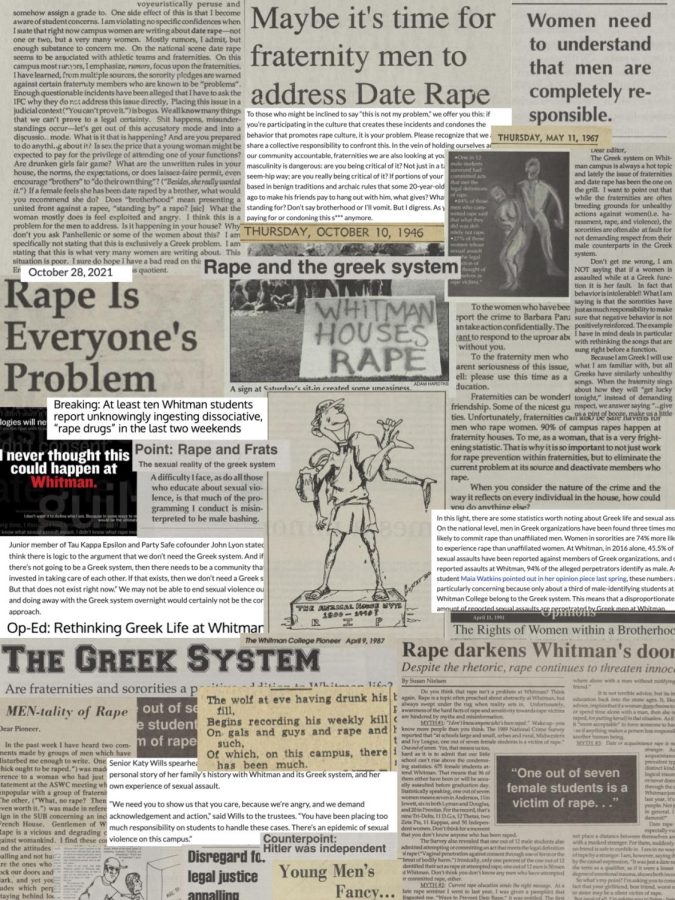It is almost contemptible that a page of the Op-ed section last week was dedicated to a point-counterpoint debate about the so-called Tea Party movement without a hefty asterisk explaining the degree to which it is corporately constructed, hypocritically propagated and disingenuously exalted by people with political and economic power.
This so-called “grassroots movement” raises important general questions about government and taxation, but these cannot be taken seriously when the movement is funded by the same people it supposedly decries. Moreover, when these general questions about government and taxation turn to specific questions about policy, logistics and pragmatism, it becomes blatantly obvious that the so-called Tea Party movement champions an argument that only shows cohesion when interpreted from the perspective of, say, a health insurance company or an overwhelmingly large bank.
The so-called Tea Party movement is not a movement, per se; rather, it’s a lobby. Do lobbyists sometimes have genuine concerns about important issues our country faces? Sure. Yet one must understand beforehand that lobbyists have particular interests that are rooted not in a populist desire to balance the government’s check, but, rather, in financially-backed opinions generally tied to corporate interests.
The so-called Tea Party movement is, thus, pathetic, puerile and duplicitous. Why else would a bunch of white, middle-class men protest against a government that has cut taxes for 95 percent of Americans, supported restoring tax rates for the wealthiest Americans to the levels of the Clinton administration and called for a health care bill that would decently cover 94 percent of Americans?
As blogger Stuart Whatley succinctly put it, “the Tea Party movement is rife with contradiction, incoherence and a willful contempt for facts or reason. It is but a parody of the legitimate movements for which American democracy has historically been held in such high regard. It is, in fact, the latest installment in quite another American tradition: the exploitation of frustrated, desperate and susceptible people by monied interests and profiteers.”
So, Mr. Potter, we should be surprised and humiliated that intelligent and well-intentioned people such as you have vindicated such a malign, artificial movement.
– Bécquer Medak-SeguÃn


